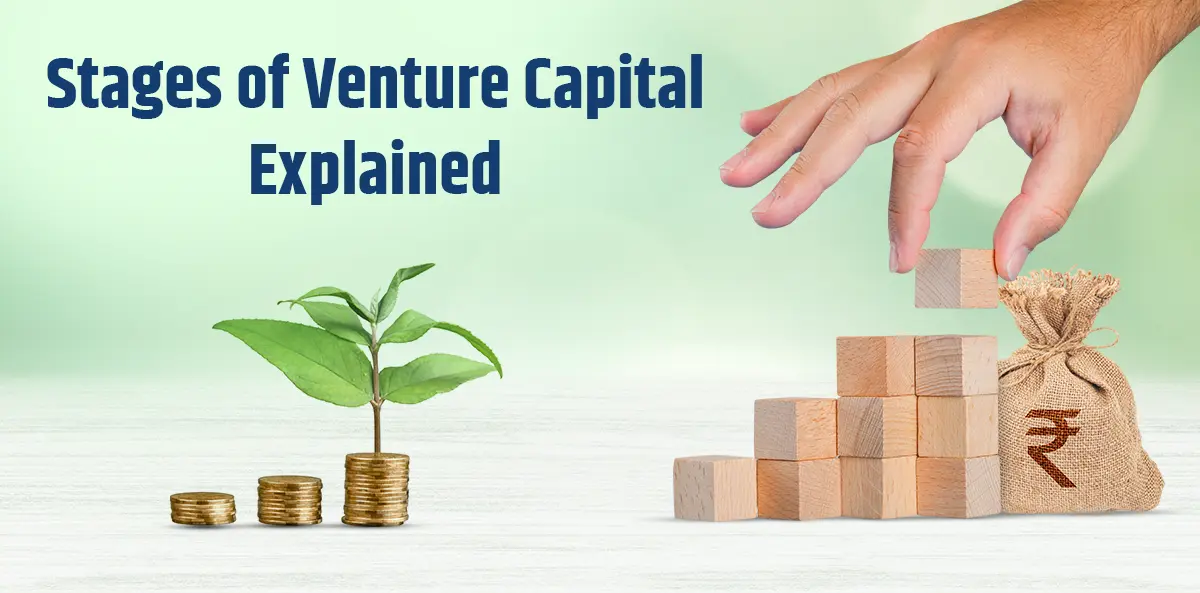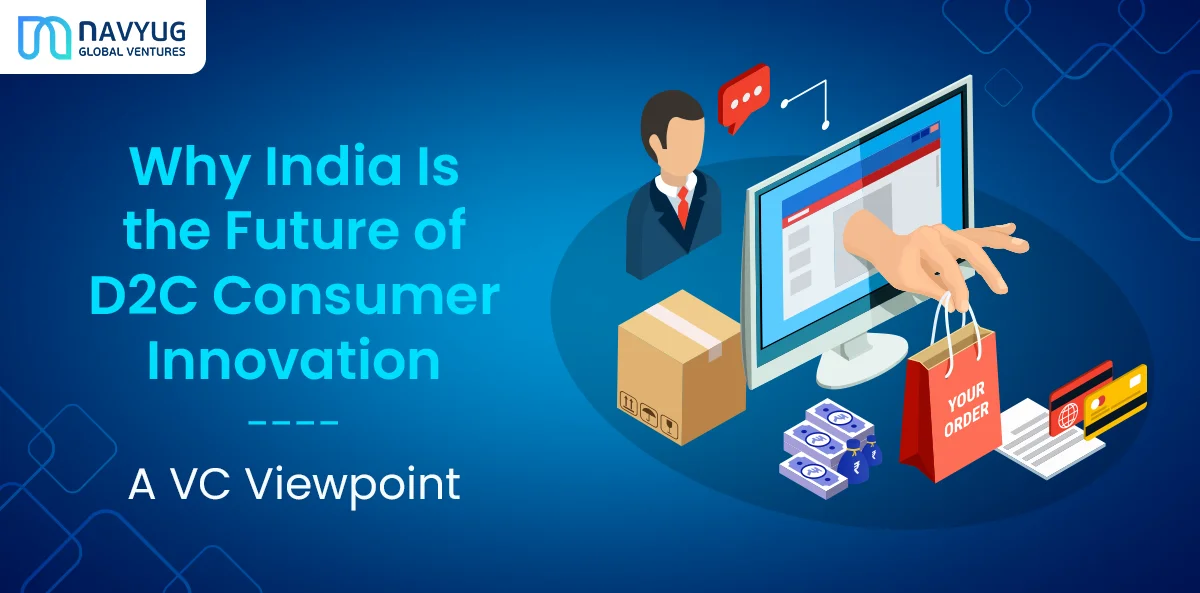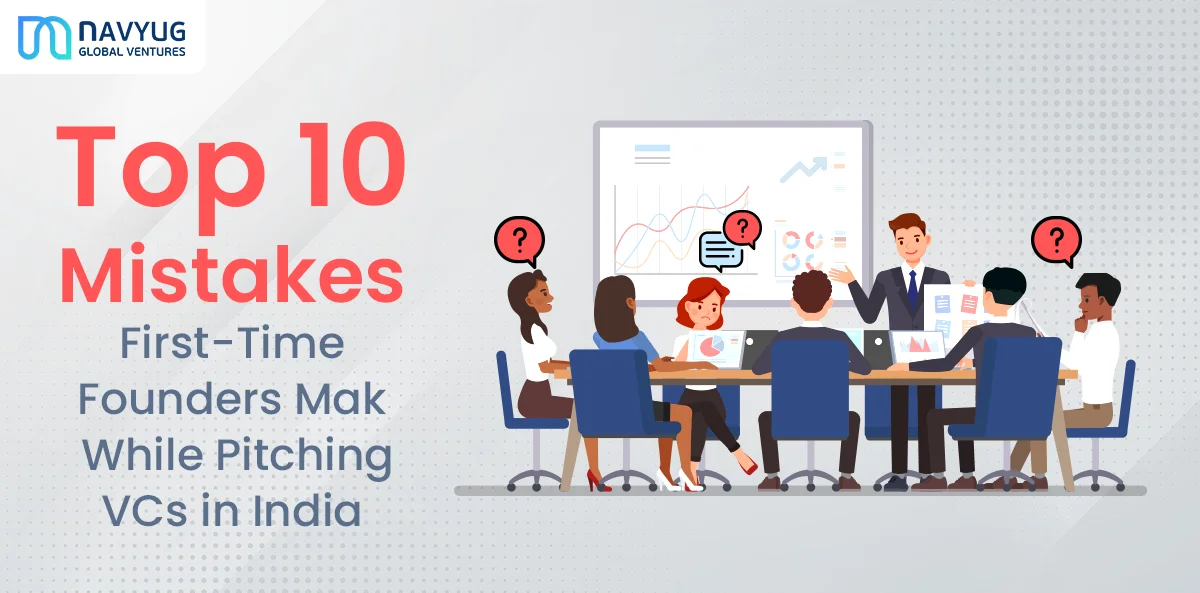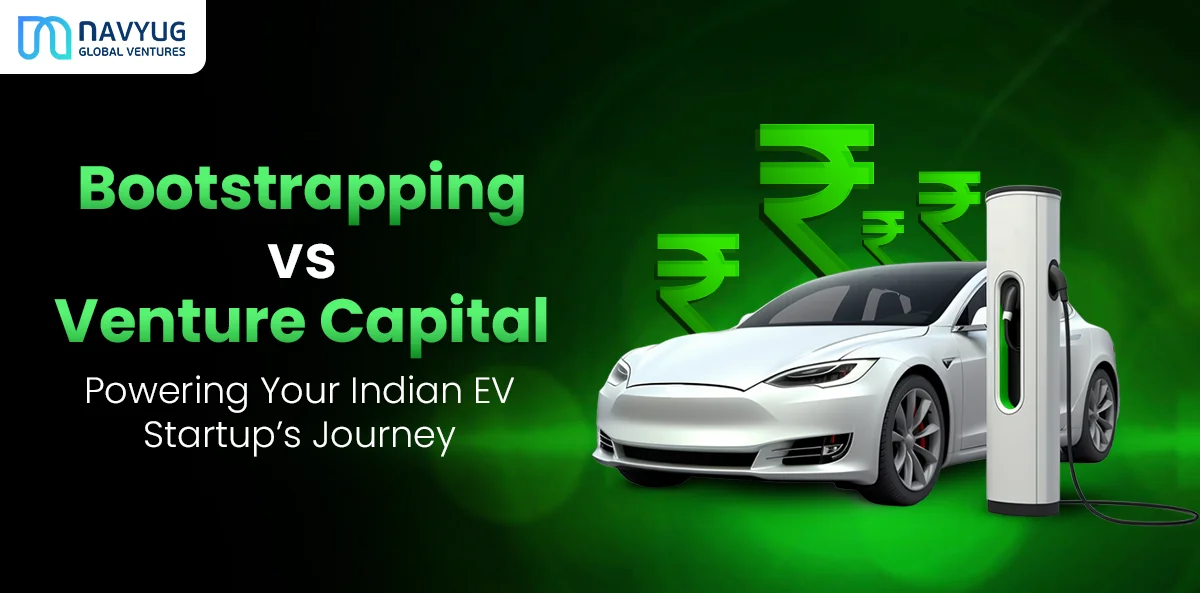Venture capital (VC) firms collect money from various investors to support businesses that show strong potential for growth. In return for their investment, these firms receive a portion of ownership in the company.
Aside from traditional venture capital companies, corporate VC funds and high-net-worth family offices are becoming more involved in startups funding.
Venture capital (VC) firms and early stage investors give promising entrepreneurs, even those with little or no track record, the opportunity to secure funding to start their businesses. In exchange for taking the risk of investing in new and unproven startups, investors receive equity, hoping for big returns if the companies succeed.
When selecting companies, early stage investors and venture capital firms look at:
- Your potential for growth
- The strength of your management team
- The appeal or uniqueness of your products or services
Early stage venture capital firms in India can handle a few losses as long as they occasionally invest in a major success to provide returns to their investors. To improve your chances of success, taking VC funding often comes with guidance from experienced investors and entrepreneurs. However, these firms may also want a role in key decisions, sometimes including a seat on the board.
There are five main stages of venture capital, along with two additional stages that occur before and after VC funding.
For startups looking for funding in India, understanding these stages and finding the right early stage investors can make a significant difference in achieving business success.
The Pre-Seed Stage
Before you can access VC capital, you’ll go through the pre-seed stage or bootstrapping phase. During this time, you focus on getting your operations started and building a prototype of your product or service to test your idea’s viability. At this stage, it’s unlikely that early stage venture capital firms in India will offer funding in exchange for equity. Instead, you’ll need to rely on your personal resources and contacts to get your startup off the ground.
During the pre-seed stage, many entrepreneurs seek guidance from founders who have had similar experiences. With this advice, you can start developing a winning business model and plan for creating a viable company. This is also the time to address any partnership agreements, copyrights, or other legal matters that are crucial for your success. If these issues remain unresolved, they could become major obstacles later on, making it difficult to secure funding from investors.
The most common investors at this stage are:
- Startup founders
- Friends and family
- Early stage venture capital firms
The Seed Stage
At the seed stage, your company has gained some experience and shows potential to become a successful business. You’ll need a pitch deck to present to venture capital companies in India and demonstrate that your idea is a viable investment opportunity. Most of the funding you secure during this stage will be used for specific activities such as:
- Market research
- Developing a business plan
- Building a management team
- Product development
The goal is to raise enough capital to show future investors that you have the ability to grow and scale, which is crucial for securing venture funding for startups.Often, seed-stage VCs will also be involved in pitching additional investment rounds to help you establish credibility. A representative from the venture capital firm may join your board to oversee operations and ensure everything aligns with the plan.Since venture capital for startup business involves significant risk at this stage, it may be the most costly funding in terms of the equity you’ll need to give up to secure the investment.The most common investors at this stage are:
- Startup owners
- Friends and family
- Angel investors
- Early stage venture capital
The Series A Stage
At the Series A stage, you need to:
- Fine-tune your product or service
- Expand your workforce
- Conduct additional research to support your launch
- Raise the funds required to execute your plan and attract further investors
In this round, it’s essential to have a strategy that will ensure long-term profitability. Despite having many enthusiastic users, you must clearly demonstrate how you will monetize your product over time to attract venture capital companies in India and secure venture funding for startups.Your plan should focus on how you’ll turn your idea into a sustainable business that can deliver ongoing returns. This is crucial for showing potential investors that your startup is not only viable but also poised for future success.Most Series A funding comes from angel investors and venture capital fund in india. However, family offices and corporate venture capital funds in your sector are also potential sources of funding. These investors look for startups with a solid business strategy and capable leaders to minimize their risk of investment failure.The most common investors at this stage are:
- Accelerators
- Super angel investors
- Venture capitalists
- Corporate venture capital funds
- Family offices
These investors are interested in startups that not only have a promising idea but also demonstrate a clear plan for long-term success and profitability, making them a critical part of venture funding for startups.
The Series B Stage
At the Series B stage, your company is ready to scale up. This stage of venture capital supports activities like product manufacturing, marketing, and sales operations. To expand effectively, you’ll need a significantly larger capital investment than in earlier stages.
Series B funding differs from Series A. While Series A investors focus on your potential, Series B investors look for tangible performance and evidence that your product or service is commercially viable. They want to see concrete results and metrics that demonstrate your ability to succeed at a larger scale. This evidence helps build confidence in your team’s capability to drive growth and achieve success.
Venture capital companies in India at this stage are interested in how well you’ve executed your plans and how you plan to continue growing and scaling your business.
Venture capital companies, corporate VCs, and family offices providing Series B funding specialize in financing well-established startups. They offer the capital needed to expand markets and build operational teams such as marketing, sales, and customer service. Series B funding enables you to:
- Grow your operations
- Meet customer demands
- Expand to new markets
- Compete more successfully
The most common investors at this stage are:
- Venture capitalists in Chennai
- Corporate venture capital funds
- Family offices
- Late-stage venture capitalists
The Expansion Stage (Series C and Beyond)
By the time you reach the Series C funding stage, your company is on a solid growth path. You’ve already achieved success, and Series C funding will help you build new products, enter new markets, and potentially acquire other startups. Typically, it takes 2-3 years to reach this phase if you’re on a rapid growth trajectory, and you should be demonstrating exponential growth and consistent profitability.
At this stage, investors are looking for evidence of your ability to sustain and expand on your success, making it crucial to showcase your company’s ongoing performance and strategic plans.
To secure Series C funding and beyond, you must be well-established with a strong customer base. At this stage, you also need:
- A stable revenue stream
- A history of growth
- A desire to expand globally
Investors are eager to participate in Series C and subsequent funding because your proven success reduces their risk. As a result, entities beyond traditional venture capital companies in India—such as hedge funds, investment banks, and private equity firms—are more interested in investing at this stage.
The most common investors at this stage are:
- Late-stage venture capitalists
- Private equity firms
- Hedge funds
- Banks
- Corporate venture capital funds
- Family offices
The Mezzanine Stage
The mezzanine stage represents the final phase of venture capital, marking your transition to a liquidity event, such as going public or a merger and acquisition (M&A). At this point, you’ve reached maturity and need financing to support these significant events. Entering the mezzanine stage—often called the bridge stage or pre-public stage—indicates that you are now a fully developed, viable business. Many of the investors who have supported you up to this level may choose to sell their shares and realize a substantial return on their investment. As the original investors exit, late-stage investors will step in, aiming to benefit from an upcoming IPO or sale. These investors are interested in the opportunity to invest in a successful company nearing a major financial milestone.Going Public — The IPO
An IPO (initial public offering) is the natural progression of funding beyond early stage investors and venture capital firms. It involves taking your private company public by offering shares on the open market. This can be a very effective way for a venture capital startup company with proven potential or a well-established business to generate funds and reward earlier investors, including the founder and team.
To go public, you need to:
- Form an external public offering team, including underwriters, lawyers, certified public accountants, and SEC experts
- Compile all your financial performance information and project future operations
- Have your financial statements audited by a third party, which will also provide an opinion on the value of your public offering
- File your prospectus with the SEC and set a specific date for the IPO
Going public offers several benefits, including:
- An effective way to raise significant capital
- Secondary offerings that enable you to generate additional funds, often used to pay off original investors and early leadership teams
- Public stock can be more attractive as part of executive compensation and employee benefits
- Easier mergers, as you can use public shares to acquire another company
For early stage venture capital firms or those looking at early stage funding venture capital, understanding the IPO process is crucial for planning the future growth and expansion of early stage VC companies.
All that said, going public is not the only option. For instance, you might consider a special purpose acquisition company (SPAC). Although SPACs have been around for decades, they offer a way to raise capital faster and with fewer hurdles compared to a conventional IPO. You can remain private and continue to accept funding from early stage venture capital firms to scale your business. SPACs may also offer more price certainty and provide a clearer picture of potential investors, helping you evaluate the trade-offs between short-term investors seeking quick returns through a conventional IPO and those with a longer-term goal of supporting your growth.
A successful startup requires much more than just a great idea; it needs a steady stream of funding from investors who believe in your company. Venture capital plays a crucial role in the fundraising ecosystem. Venture capital companies often reinvest at every stage, from early stage funding venture capital to later stages, supporting the continued growth and success of venture capital startup companies.




